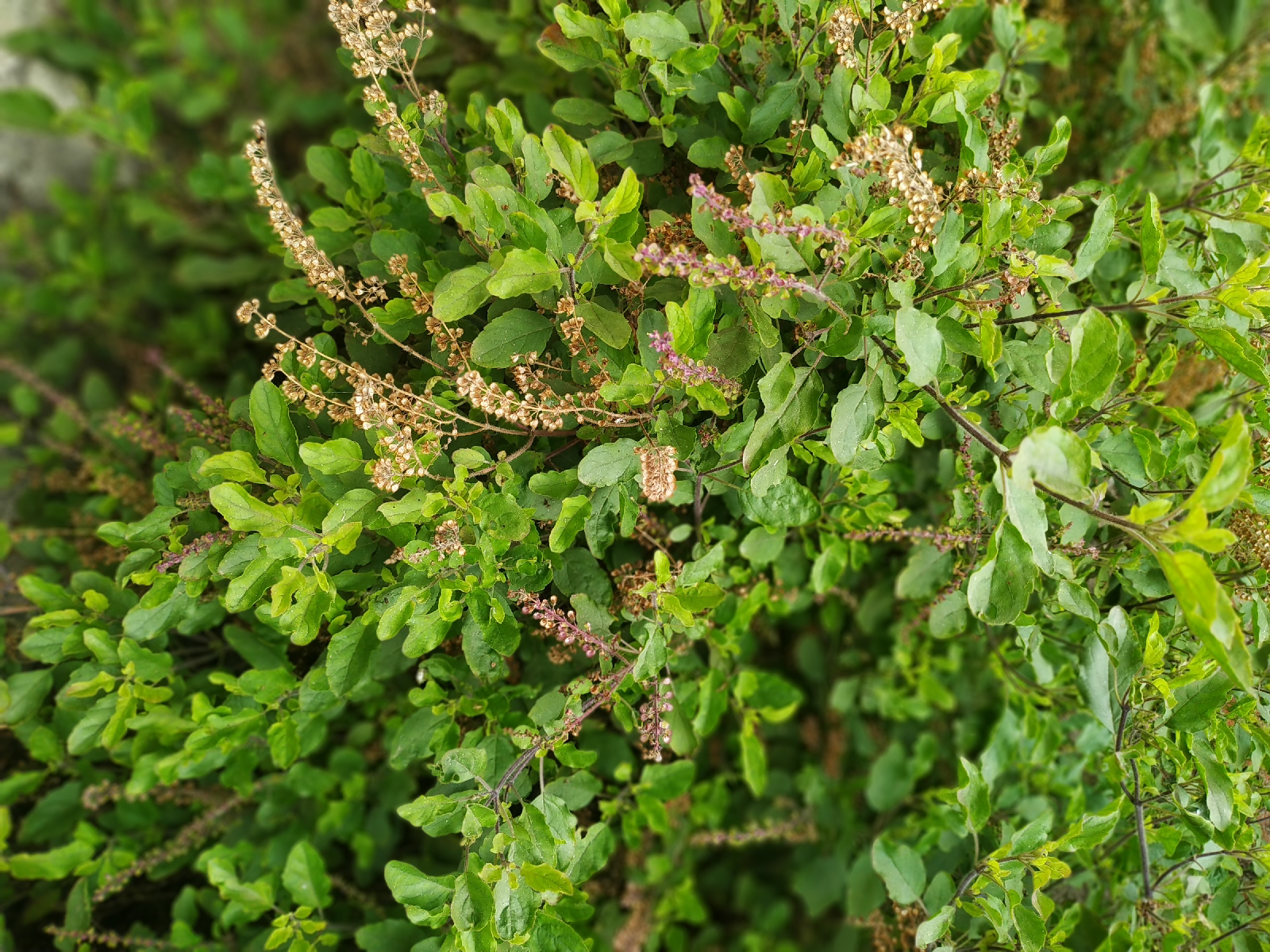CONSERVATION OF BIODIVERSITY

W e can say by the degree of dependency on environment that conservation of biodiversity is necessary. As an area with higher species abundance has a more stable environment compared to an area with lower species abundance. As a human, we depend directly on various species of plants for our various needs. As well as, we also depend on various species of animals and microbes for different reasons. Biodiversity is being lost due to various reasons like Pollution, Over-grazing, Deforestation, Over-population, Hunting and poaching, climate change, etc. So, as we are more depended on this environment it's our duty to conserve our biodiversity. Laws Governing Biodiversity Conservation in India (i) The Madras Wild Elephant Preservation Act, 1873. (ii) All India Elephant Preservation Act, 1879. (iii) The Indian Fisheries Act, 1897. (iv) Wild Birds and Wild Animals Protection Act, 1912. (v) The Indian Forest Act, 1927. (vi) Bengal Rhinoceros Act, ...


